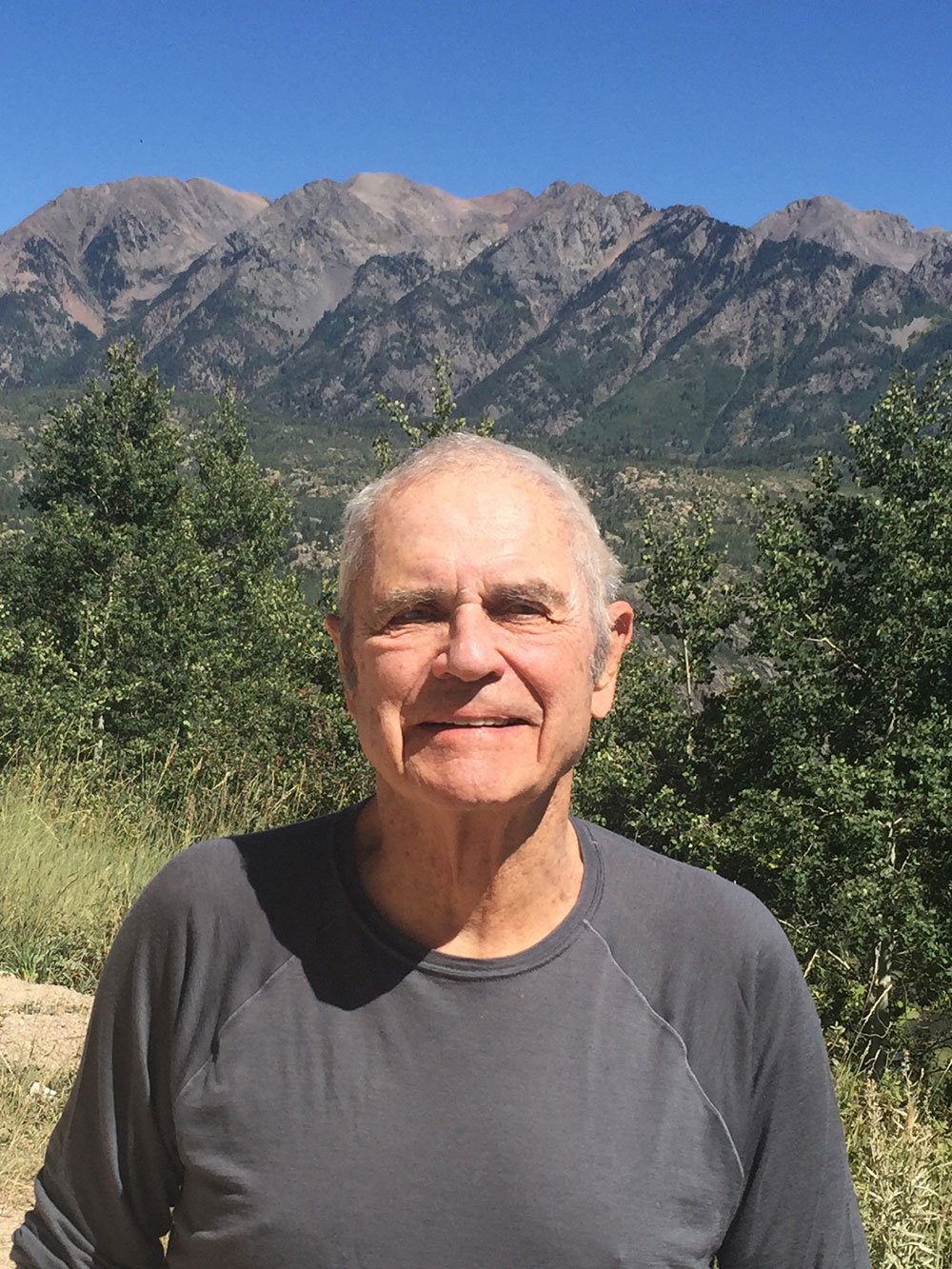Are you a passionate fan of Design Matters like I am? It’s one of the world’s oldest podcasts and one of the best shows out there. Debbie Millman scratches her insatiable curiosity and explores what it means to live a rich, fulfilling, intentional life with luminaries like Brené Brown, Cheryl Strayed, Brandon Stanton, Seth Godin, and, of course, Roxane Gay. (All guests of 3 Books, too! Clearly we have tethers between our hearts.)
Where do we start with Debbie Millman?
Well, she’s ‘one of the most creative people in business’ according to Fast Company and one of the ‘most influential designers working in the world today’ says Graphic Design USA. She’s got a wonderful new book called Why Design Matters: Conversations with the World’s Most Creative People, a giant, heavy, amazing tome put out by Harper Design which serves as a compressed set of wisdom and values from Design Matters.
Debbie is the author of seven other books including: How to Think Like a Great Graphic Designer and Brand Thinking and Other Noble Pursuits. She co-founded the world’s first graduate program in branding at The School of Visual Arts back in 2010. For 20 years before that she was the President of Sterling Brands, one of the world’s leading branding consulting agencies. What did she do there? No big deal: She helped design brand identities and logos for Star Wars, Burger King, Häagen Dazs, Gillette and even the No More movement.
Is she an activist? She sure is!
She’s also working with the Joyful Heart Foundation to eradicate sexual assault, domestic violence, child abuse and the rape kit back log.
Fascinating and containing many multitudes, it was an honor and privilege to welcome Debbie Millman on 3 Books to talk about: how you avoid limiting possibilities, why regret cannot be metabolized, what happens when you’re public about your shame, what makes for a great interview, and, of course, what are the incredible Debbie Millman’s 3 most formative books!
Let’s flip the page and jump into Chapter 97 now…
What You'll Learn:
What makes for a good interview?
How do you prepare for interviews?
How can we find our identity?
What are the different types of happiness?
What is organic happiness vs synthetic happiness?
Why is regret so damaging?
How do we navigate ‘gaping wounds of need’?
What can help a self-soothing journey?
How can we heal from shame?
How do we learn to slow down?
Why do feelings of accomplishment not last?
How do we orient ourselves towards what really matters most?
Notable quotes from debbie millman
“When a book lets you experience what it means to be alive it is art.” Debbie Millman #3bookspodcast
“I don't know that I fell in love. I think maybe love found me.” Debbie Millman #3bookspodcast
“Regret is not an emotion that can be metabolized.” Debbie Millman #3bookspodcast
“I use productivity as a way to feel valuable as a human.” Debbie Millman #3bookspodcast
“Poetry is really the highest art form.” Debbie Millman #3bookspodcast
“Expect anything worthwhile to take a long time.”Debbie Millman #3bookspodcast
CONNECT WITH debbie:
word of the chapter:
Resources Mentioned:
Debbie’s first book [8:54]
Debbie’s second book [21:15]
Debbie’s third book [43:15]
Bad Feminist by Roxane Gay
The surprising science of happiness - TED Talk by Dan Gilbert
Print magazine
The Subtle Art of Not Giving a Fuck by Mark Manson
“Maximus, to himself” by Charles Olson
Pattern Recognition by William Gibson
War and Peace by LeoTolstoy
Anna Karenina by Leo Tolstoy
































